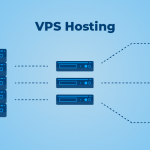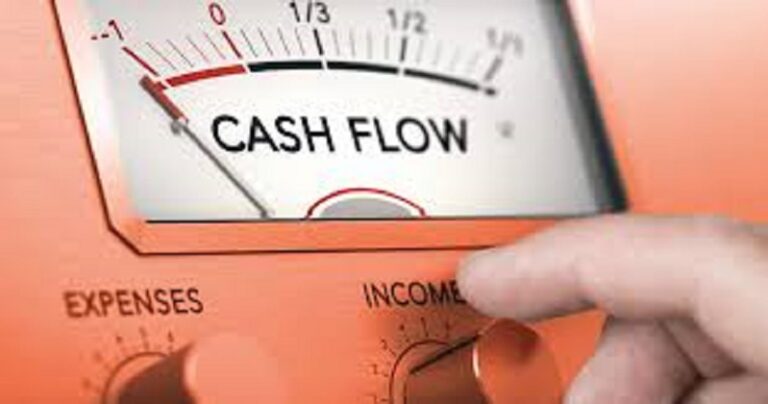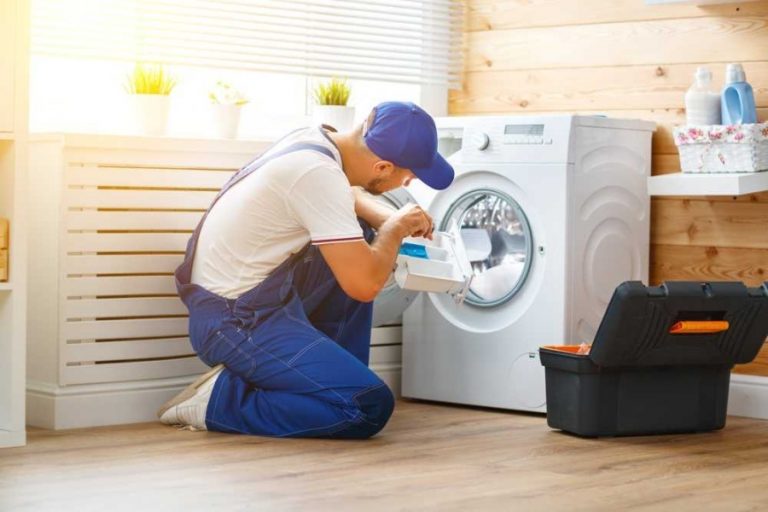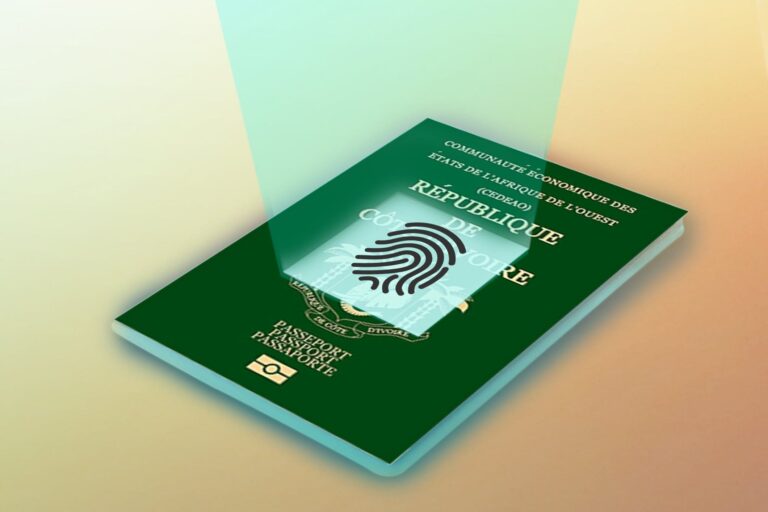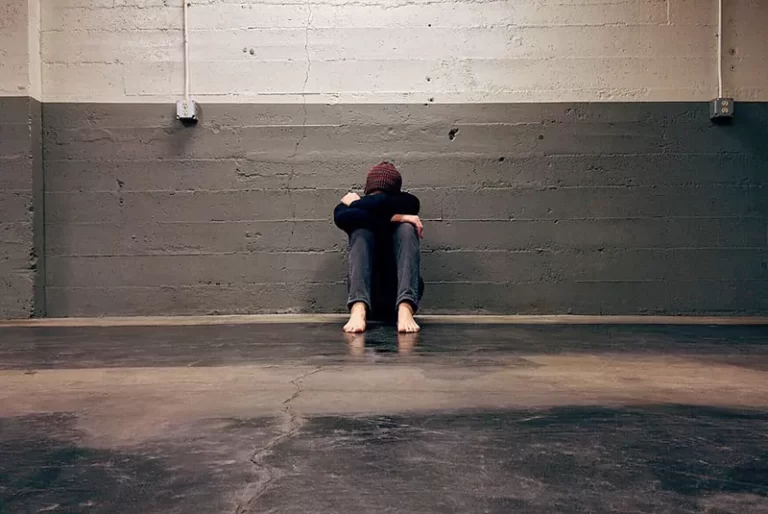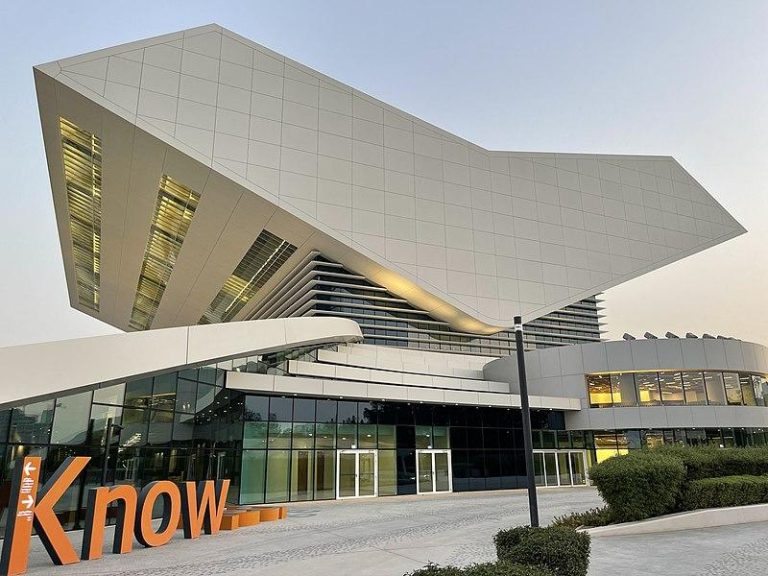
Hotel security guards patrols serve a number of benefits, including maintaining a hotel’s reputation, ensuring public safety, and safeguarding the hotel’s assets. These guards can also provide a range of services, including telephone and fixture repairs, building security, and visitor badge verification. All of these benefits, combined with the peace of mind they provide, make hotel security an essential part of hotel management.
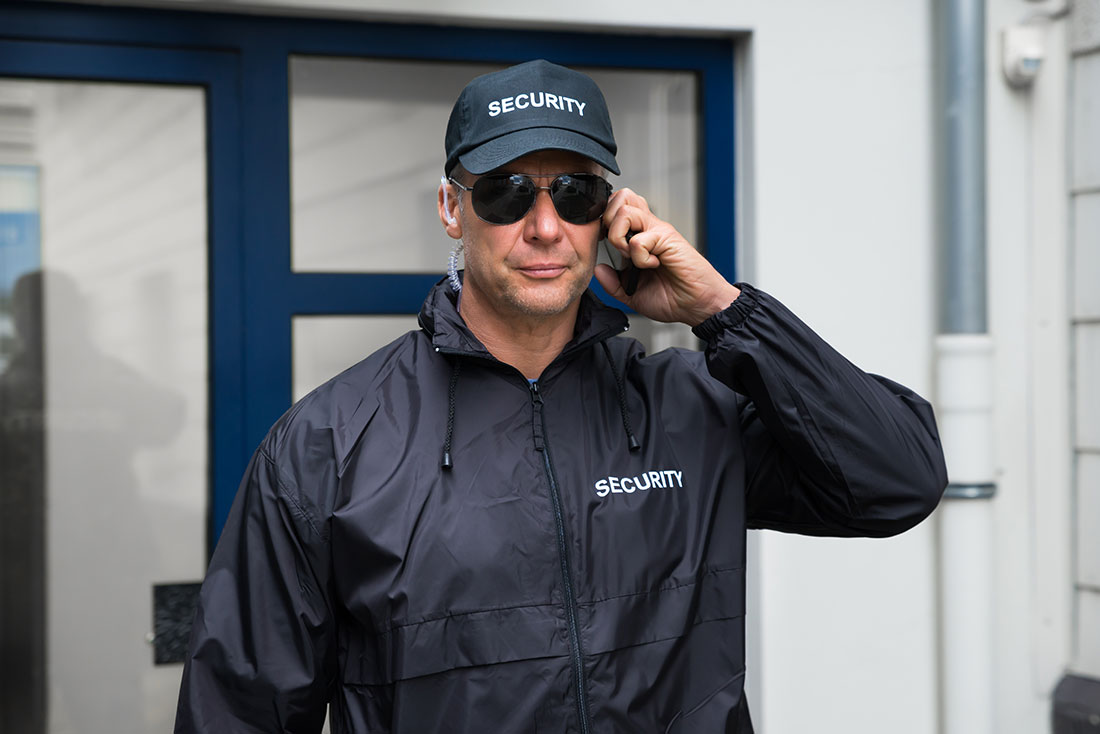
Guest safety
Hotel security is an important part of the guest experience, as it gives them a sense of safety. A trained security guard can deter criminals by monitoring entrances and exits. They can also help identify suspicious people. This can prevent mishaps and ensure that only genuine guests avail services at the hotel.
Hotel security can help protect the VIP visitors and prevent disturbances to other hotel guests. A hotel security service can also provide brief instructions to guests in case of emergencies. These instructions can be given to guests at the front desk. Ultimately, hotel security can provide peace of mind to both hotel employees and guests. It also helps prevent any damage or loss to hotel property.
Hotel security can be heightened through CCTV surveillance. The video recordings help identify any unauthorized individuals who enter a hotel. The security footage also helps detect theft and vandalism. Hotel CCTVs can monitor entrances and exits, as well as deliveries. They can even record facial features of visitors. With state-of-the-art technology, hotel security cameras can even identify license plates from the camera images.
Hotel security must be a top priority when it comes to guest safety. They must identify the types of threats that may occur in their establishment and devise strategies to minimize these risks. In addition, they need to be aware of the potential sources of disturbances and how to respond in such situations. It is imperative to have effective key control procedures for hotel security.
Mobile keys are one way to prevent lost or stolen keys. Most hotel guests carry smart phones everywhere. These devices also serve as mobile keys. This technology eliminates the need to carry physical keys cards. This makes mobile keys an important addition to hotel security. Moreover, guests can bypass the front desk and gain access to their rooms with the help of their smartphones, making them more secure.
Employee safety
Hotel security officers play a vital role in a hotel’s crowd controller duties. They patrol the hotel’s grounds and identify suspicious situations, documenting security reports and other pertinent information. Additionally, they participate in monthly drills. Hotel security officers also greet guests and direct employees as needed. An effective hotel security officer can expect a 10-year career.
Hotel security can also help protect frontline staff. These front-line employees are exposed to diverse security and safety risks, and physical security leaders must protect them while fostering a culture of safety for all employees. Employee safety is essential to the success of any hotel. By integrating technology into their workday, hotel security leaders can ensure that employees are as safe as possible.
A hotel panic button solution can piggyback on existing security technology, providing a user-friendly interface that requires minimal training. It can also integrate with existing hotel systems, eliminating the need for Bluetooth(r) Beacons, thereby reducing costs. Furthermore, it can provide additional revenue opportunities for hoteliers by ensuring the ongoing safety of employees.
With the help of surveillance technology, hotel security can be efficiently managed and optimized. The best hotel security systems should include surveillance software covering high-risk areas, including entrances and exits. The hotel security management should also hold regular meetings and information sessions to ensure that all aspects of security are functioning smoothly.
Access control systems
Access control systems can improve hotel security in a variety of ways. For example, it can control access to sensitive areas, such as safes. They can also limit access to certain floors and rooms, which can ensure that only guests with the appropriate key cards can enter. This type of system also allows property owners to manage all their access points from a central location.
Modern hotel access control systems can also help reduce property theft and fire risks. These sophisticated locks can also help improve efficiency. This way, hotel staff is free to interact with guests, rather than spending their time managing the security of their hotel. And, with centralized access control, operators can turn on and off entry points as needed.
The ability to easily change access controls can have a direct impact on daily operations, such as the turnover of guest rooms. Access control systems can be integrated with other systems to make the guest experience more convenient. For example, an integrated system can connect with televisions, energy management systems, water shutoff valves, and other systems.
Access control systems are also a cost-effective option for hotel security. Combined with a hotel’s existing technology, such as a Property Management System (PMS), an access control system can enhance and streamline hotel operations. By enabling hotel staff to program access schedules and assign rooms, an access control system can reduce energy and mechanical costs, allowing hotels to make the most of their resources.
By cutting down on key duplication, an access control system can save hotels money on insurance premiums. These systems secure keys when they’re not in use and track activities, providing programmed alerts to hotel management. Additionally, they may help the hotel negotiate a lower insurance premium with its insurance provider.
Preventing employee theft
Preventing employee theft is one of the most important parts of any event security program. It’s a perennial problem that costs businesses billions of dollars each year. And while it’s impossible to eliminate the problem completely, there are a number of effective ways to minimize its impact. The most effective strategies involve employing good hiring, training and supervision practices. Not only will this help prevent employee theft, but it will also minimize your liability in the event of an incident.
Another way to prevent employee theft is to keep an eye on employee use of company credit cards. Many hotel employees misuse their company credit cards to make purchases or pay for items they don’t need. This is called asset misappropriation, and if you’re serious about preventing this type of theft, you should also implement a security plan to keep employees under your control.
Employee theft is a serious issue for businesses. Not only can it damage your business financially, but it can also hurt your reputation. You can prevent it by conducting proper screening of your employees and requiring them to report any criminal convictions they have. And remember to conduct periodic criminal background checks on your employees.

Controlling offensive guest behavior
A hotel’s security program is a great way to prevent problems before they happen. Keeping your guests safe and happy is a top priority, and hotel security can help you achieve this. However, this doesn’t mean you should ignore offensive guest behavior entirely. There are many ways you can deal with problematic guests.
First, it’s important to understand the guest’s concerns. Then, try to find a concrete solution. This can help you gain control over the interaction and do damage control immediately. By imposing a limit on unacceptable behavior, you’re also letting the guest know you’re concerned about the issue.

